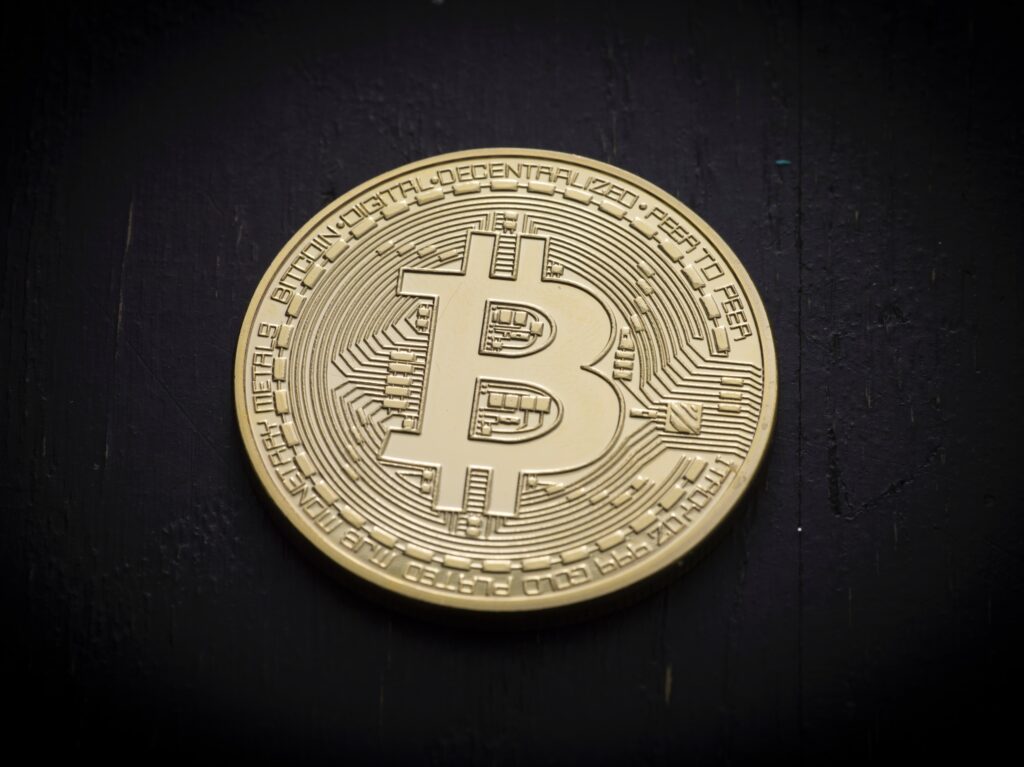In the financial landscape of DR Congo, Bitcoin is emerging as a potential game-changer. This article explores the role of Bitcoin in the country’s financial system, focusing on its impact on financial inclusion, remittances, cross-border transactions, economic stability, and inflation. Get comprehensive market insights and financial news on cryptocurrencies and Bitcoin through immediate-booster.io and optimize your investment strategy.

Financial inclusion
One of the main advantages of Bitcoin is its accessibility. Unlike traditional banking, which requires physical infrastructure and extensive documentation, Bitcoin can be accessed with just an internet connection. This opens up opportunities for individuals who are unbanked or underbanked in DR Congo to participate in the financial system.
Moreover, Bitcoin offers a decentralized financial network that operates independently of any central authority. This decentralization ensures that individuals have control over their funds and can engage in financial transactions securely and privately.
Bitcoin also has the potential to facilitate microtransactions and peer-to-peer transactions. In DR Congo, where small-scale businesses and informal economies are prevalent, the ability to transact with minimal fees and without the need for intermediaries can have a significant impact. It can empower individuals and small businesses by reducing transaction costs and increasing efficiency.
Additionally, Bitcoin can provide a means of storing value and protecting against inflation. In countries like DR Congo, where inflation rates can be high and local currencies may lose their value rapidly, Bitcoin’s decentralized nature offers an alternative store of wealth. People can potentially preserve their purchasing power and protect their savings by holding Bitcoin.
Remittances and cross-border transactions
One of the main advantages of using Bitcoin for remittances is cost-effectiveness. Traditional remittance services often involve high fees, which can significantly reduce the amount of money received by the recipient. Bitcoin transactions, on the other hand, can be executed at a fraction of the cost, making it an attractive option for individuals seeking to send money back to DR Congo.
Moreover, Bitcoin enables faster and more efficient cross-border transactions. Traditional remittance processes can be time-consuming, requiring multiple intermediaries and facing bureaucratic hurdles. With Bitcoin, transactions can be executed directly between parties, eliminating the need for intermediaries and reducing transaction times.
Bitcoin also provides a level of transparency and security in cross-border transactions. Blockchain technology, which underlies Bitcoin, records and verifies all transactions in a transparent and immutable manner. This transparency can help reduce fraudulent activities and ensure the integrity of cross-border transfers.
Furthermore, Bitcoin can address the challenges faced by individuals who do not have access to traditional banking services in DR Congo. With Bitcoin, individuals can hold and transact with digital assets without requiring a bank account. This can be especially beneficial for those living in remote areas or lacking the necessary documentation to open a bank account.
Economic stability and inflation
One of the primary advantages of Bitcoin in terms of economic stability is its decentralized nature. Unlike traditional currencies that are controlled by central banks, Bitcoin operates on a decentralized network called the blockchain. This means that no single entity or authority has control over the supply and distribution of Bitcoin, reducing the risk of manipulation and inflation caused by central banks.
In countries like DR Congo, where inflation rates can be high and local currencies may lose their value rapidly, Bitcoin can serve as a hedge against inflation. Since Bitcoin’s supply is limited and predetermined by its underlying algorithm, it is resistant to inflationary pressures. People can potentially preserve their purchasing power by holding Bitcoin as it may hold its value better than the local currency.
Furthermore, Bitcoin’s decentralized nature can provide a level of financial stability in times of economic crises. Traditional banking systems can be susceptible to economic shocks and failures, leading to instability and loss of trust in the financial system. In contrast, Bitcoin operates independently of any central authority, making it resilient to such shocks.
However, it’s essential to consider the challenges associated with relying solely on Bitcoin for economic stability. Bitcoin’s volatility is a significant concern, as its price can experience significant fluctuations over short periods. This volatility can introduce uncertainties and risks, especially for individuals and businesses relying on stable and predictable currencies for daily transactions and financial planning.
Additionally, the adoption and acceptance of Bitcoin as a widespread medium of exchange would require substantial infrastructure development and regulatory frameworks. Ensuring the security, stability, and protection of users’ funds and transactions is crucial to foster trust and widespread adoption.
Conclusion
With the potential to enhance financial inclusion, facilitate cost-effective cross-border transactions, and mitigate the effects of inflation, Bitcoin could transform the financial landscape. However, regulatory frameworks, technological infrastructure, and addressing volatility concerns are essential for maximizing the benefits of Bitcoin in DR Congo’s financial system.

